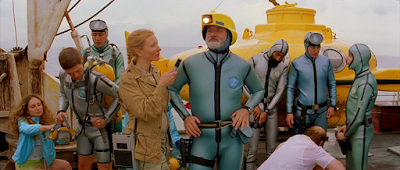As a professional practitioner I definitely need to work on
my time management skills. This has been evident across most briefs and modules
- most notably OUIL405. Although I will admit during that period I was
struggling with depression a bit, but I didn't get the help I needed to pull
myself out of it and get the work done that I needed to.
I'm aware that I'm not the only one that goes through these
issues, and some practitioners manage to function perfectly well and produce a
high standard of work whilst juggling personal issues alongside, and I need to
find ways to maintain my professionalism in trying times. One main issue I
identify is my sleep schedule becoming a problem - staying up later than I
should and not getting enough sleep or essentially becoming nocturnal, which
isn't good for my brain.
During summer months I usually find myself feeling happier,
possibly because I'm getting enough vitamin D from sunlight. I generally eat a
healthy, well-balanced diet and cook myself proper meals, so I usually get
enough nutrients from that.
I also sometimes struggle to talk to people about my
feelings and motivation problems, because I feel like a burden to my friends
and family when I know they all have their own issues too. So that's something
I need to work on too. I could also try talking to people who are impartial and
talk to depressed people for a living! I'm just a bit scared sometimes, but I
need to push myself, because I know that I can create a high standard of work,
and the work I do whilst I'm depressed doesn't reflect the majority of my
practice.
Getting 48% in the OUIL405 module has really opened my eyes
a bit to the fact that I need to work harder at getting myself better, so that
I have the motivation to progress through the modules at a higher standard, as
I know I'm capable of it. I got 71% in the OUIL403 module, so going from a
first to a third within the space of a few weeks isn't acceptable to me or, I'm
sure, to my tutors. So, I'm trying! I'm trying to try harder.





















